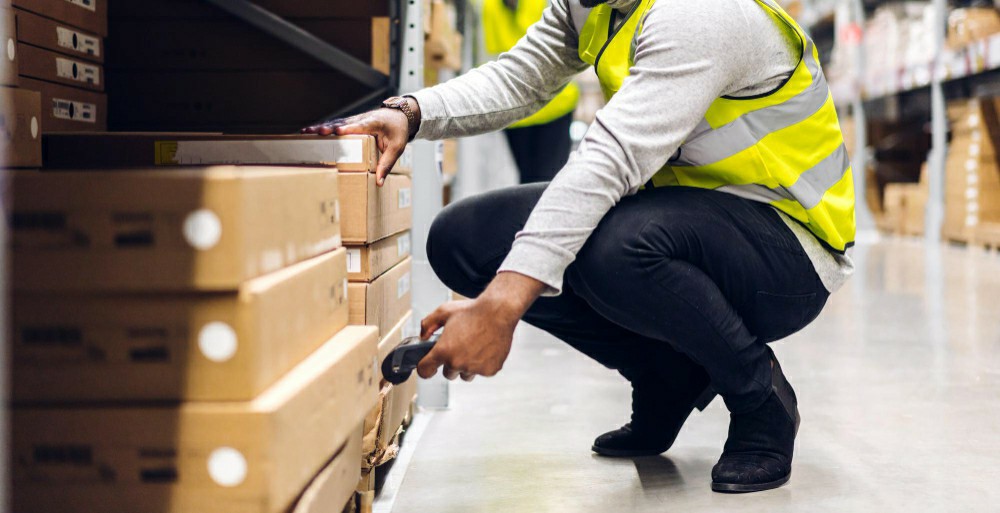


 349,500 Offered Certificates
349,500 Offered Certificates
 24/7 Online Training
24/7 Online Training
 Money Back Guarantee
Money Back Guarantee
 Fully Accredited Courses
Fully Accredited Courses

Created at: 02-02-2025 18:53
In the fast-paced environment of healthcare, safety is paramount. Manual handling-first training is crucial not only for compliance but for the overall safety of healthcare workers, including nurses, caregivers, and other professionals. This blog post will explore the importance of this certification, the critical aspects of the course content, and how it can lead to safer workplace practices.
Manual handling refers to the act of lifting, carrying, pushing, or pulling items, which is common in healthcare settings when handling patients or equipment. Manual handling-first training provides healthcare professionals with the knowledge and skills necessary for safe handling practices.
In Ireland, regulatory bodies emphasize safety practices to reduce the risk of injury among healthcare workers. Manual handling-related injuries can be severe, often leading to chronic pain or long-term disabilities. The Manual Handling-First certification addresses these risks through specialized training.
The manual handling-first course typically covers the following critical areas:
Participants learn about the physical mechanics involved in manual handling, which helps them understand the risks associated with improper techniques. This foundational knowledge is crucial for effective application in real-life scenarios.
Healthcare professionals are trained to conduct risk assessments, which enable them to identify and mitigate risks associated with manual handling. This proactive approach is essential for preventing injuries before they occur.
Hands-on sessions equip participants with practical skills. This includes how to engage with patients safely, proper use of lifting aids, and techniques tailored for various healthcare settings.
In today’s digital age, the availability of manual handling-first online courses provides greater accessibility to healthcare workers. Key benefits include:
Upon successful completion of a certified manual handling-first training, participants receive a certificate that is recognized throughout Ireland, including major cities like Dublin, Cork, and Galway. This certification demonstrates a commitment to safety and compliance with health regulations.
Investing in manual handling-first training is not just a legal obligation but a moral one for healthcare organizations. Ensuring the safety of employees leads to better patient care and a more effective healthcare system overall. We encourage healthcare professionals to seek out certified training to enhance their skills and contribute to a safer working environment.
For more information about our manual handling-first safety course and to enroll, visit Ireland Safety Training or contact us at [email protected].